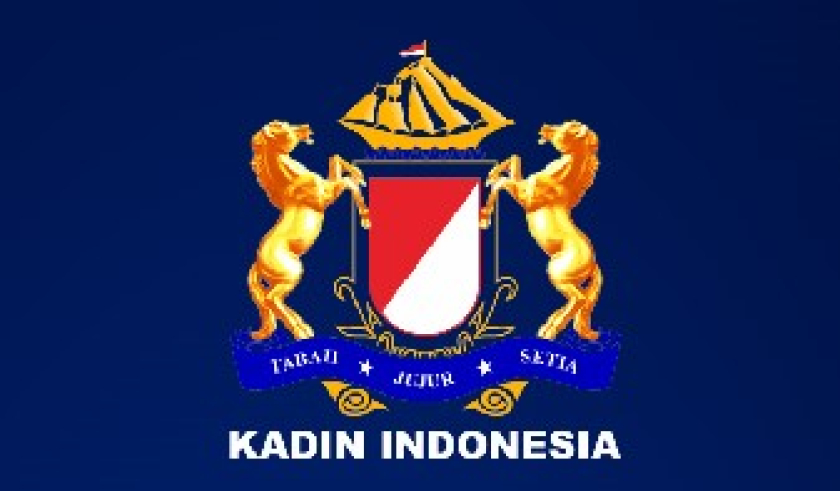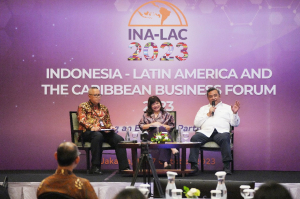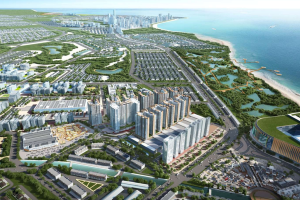Kadin urges swift government action, warns of job loss and investment shift

Kadin-Logo
The Indonesian Chamber of Commerce and Industry (Kadin) has suggested that the government immediately take concrete steps to protect domestic industries from the impact of the reciprocal tariff policy imposed by the U.S.
Deputy Chairperson for Special Economic Zones, Industrial Areas and National Strategic Projects at Kadin, Akhmad Ma'ruf, said that the government's measures are urgently needed to reduce the potential for mass layoffs and maintain national socio-economic stability.
"We believe that with the right measures, Indonesia, especially in the Riau Islands, can remain a rapidly growing industrial center," he said on Monday, April 7, 2025.
Ma'ruf expressed concern about the global economic conditions following the implementation of new tariffs by U.S. President Donald Trump on trading partner countries, including Indonesia.
With a baseline tariff of 10 percent and a reciprocal tariff of up to 32 percent for products from Indonesia, Kadin assessed that this policy has the potential to hit the national economy.
In addition, Kadin also reminded that the policy could reduce the competitiveness of Indonesian products in the U.S. market. and worsen employment conditions and regional economies, especially in the Riau Islands Province.
Kadin proposed five strategic steps to the government in overcoming the impact of the U.S. tariff policy.
First, Kadin asked the government to accelerate the improvement of regulations related to import permits so that there is harmonization of trade regulations, domestic component level (TKDN) policies, export registration, halal certification and other requirements that are considered to hinder trade.
Second, the government was asked to intensify bilateral dialogue with the U.S., as a strengthening of the bilateral approach with the U.S., in order to directly overcome trade barriers, including through the submission of official proposals.
Third, the Batam, Bintan and Karimun (BBK) area which was designated as a Special Economic Zone (KEK) and Free Trade Zone, needs to receive special attention to become a Foreign Trade Zone and obtain Privileged Foreign Status.
Fourth, Kadin urged the acceleration of the licensing process through the Investment Inhibitors Evaluation Task Force, especially for National Strategic Projects (PSN), Industrial Estates and KEK, to support industrial operations.
Fifth, Kadin asked for special attention to the Solar PV (photovoltaic) manufacturing industry in the Riau Islands, which currently consists of 26 companies with an export contribution to the U.S. of around US$350 million per month.
Currently, the Solar PV industry employs around 10 thousand direct workers and 30 thousand indirect workers.
"If this situation continues, there will be significant job losses," Ma'ruf said.
In addition, Kadin also warned that Indonesia faces stiff competition from Malaysia, which has formed the Johor-Singapore Special Economic Zone.
"Without changes in tariff policies, there is a great potential for diverting or shifting production to competing countries such as Malaysia," he said.
Meanwhile, many foreign investors currently have production facilities in Batam and also have factories in other countries such as Malaysia, Vietnam, Thailand, the Philippines, China and India. This could increase the risk of production relocation if tariff pressures are not immediately addressed.
Tag
Already have an account? Sign In
-
Start reading
Freemium
-
Monthly Subscription
20% OFF$29.75
$37.19/MonthCancel anytime
This offer is open to all new subscribers!
Subscribe now -
Yearly Subscription
33% OFF$228.13
$340.5/YearCancel anytime
This offer is open to all new subscribers!
Subscribe now







